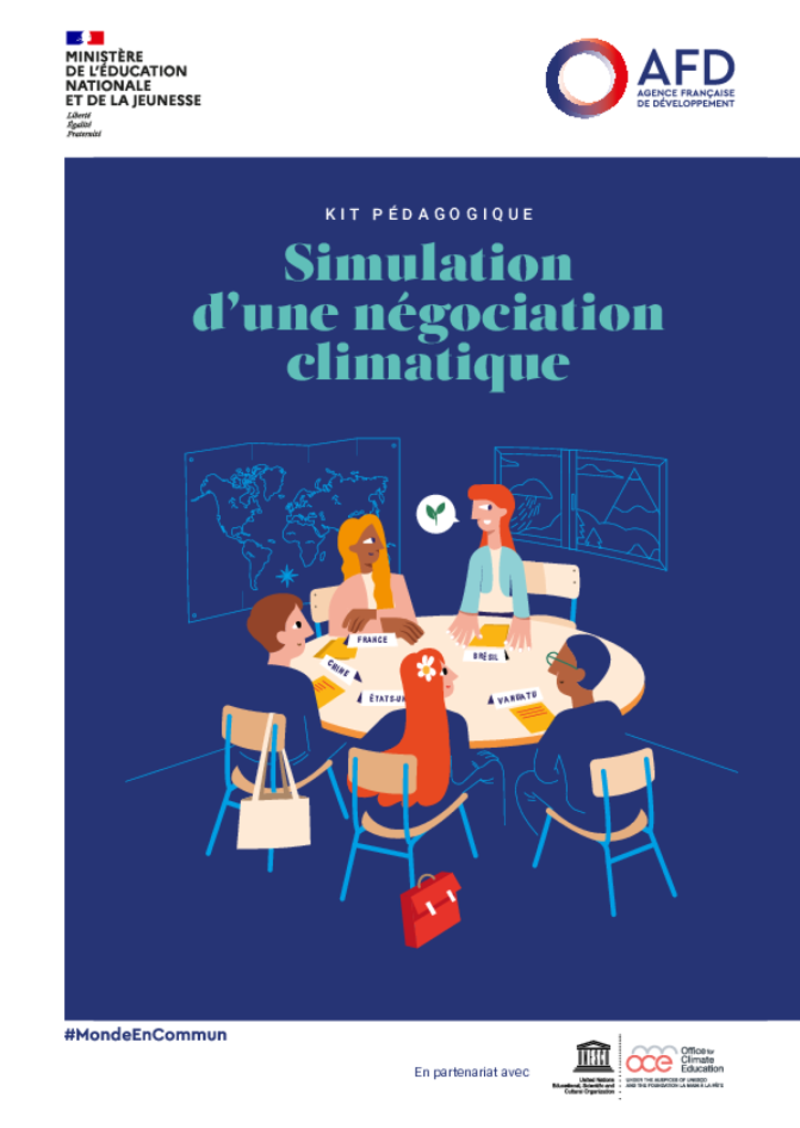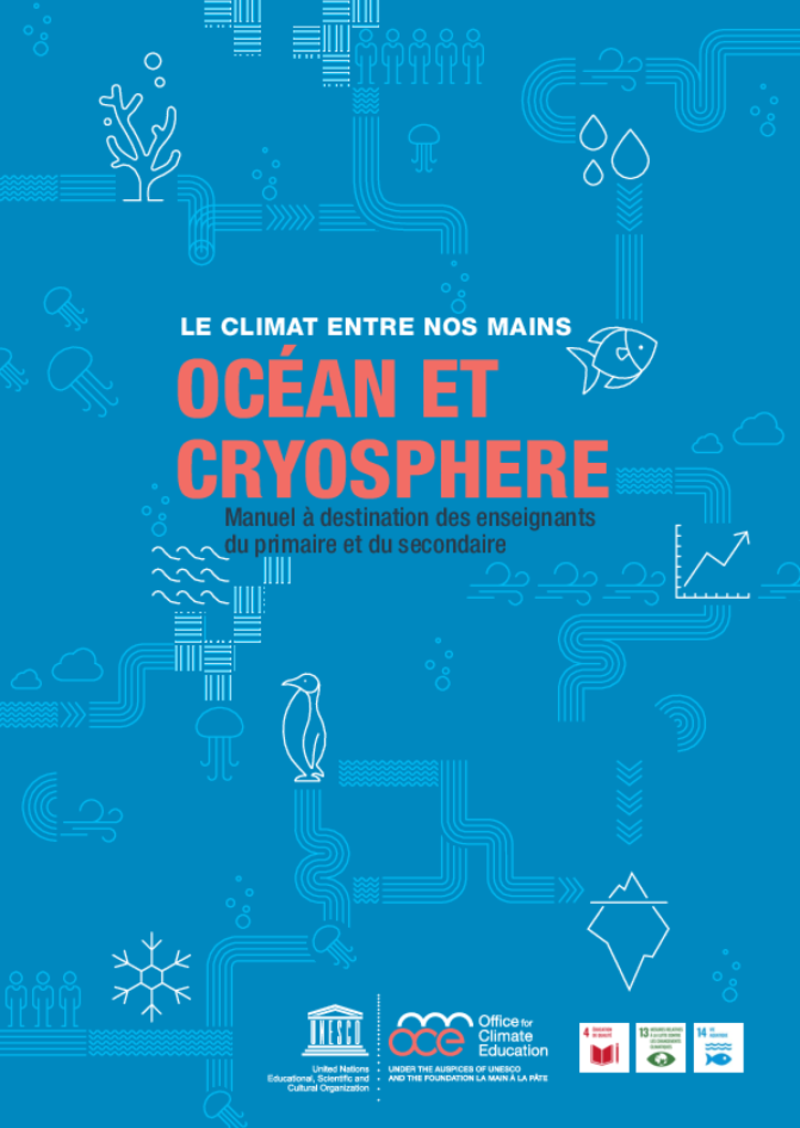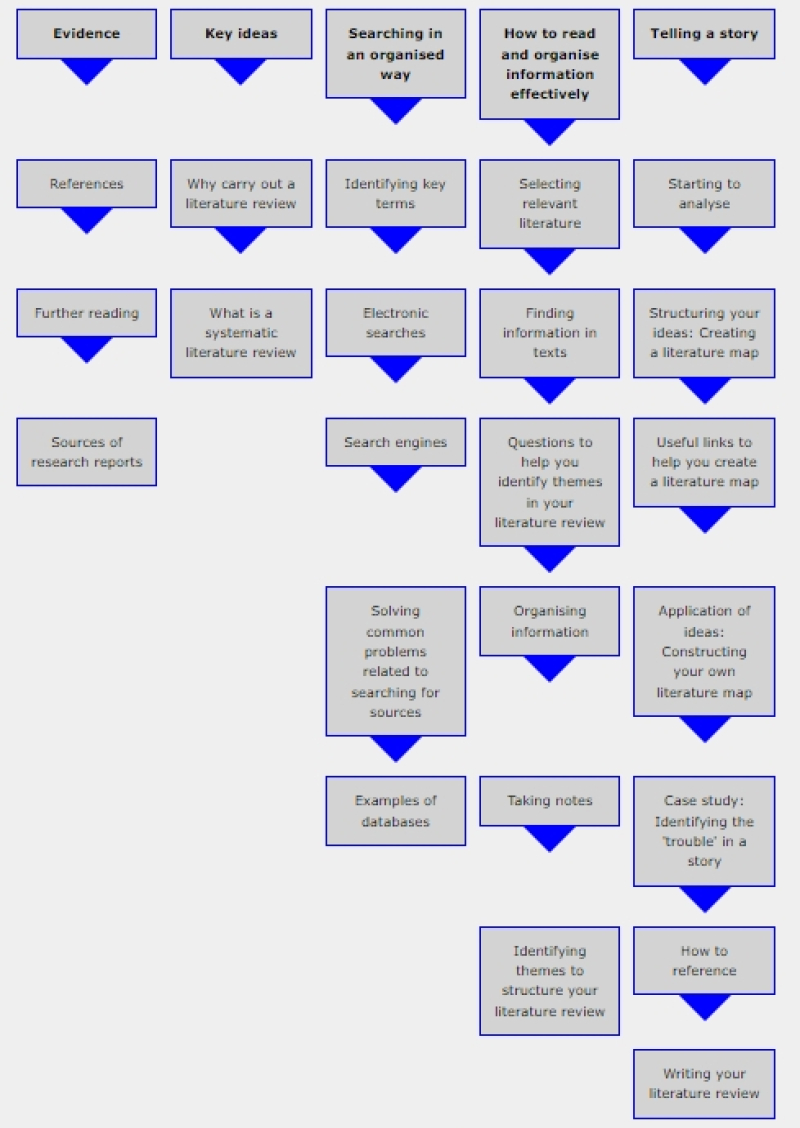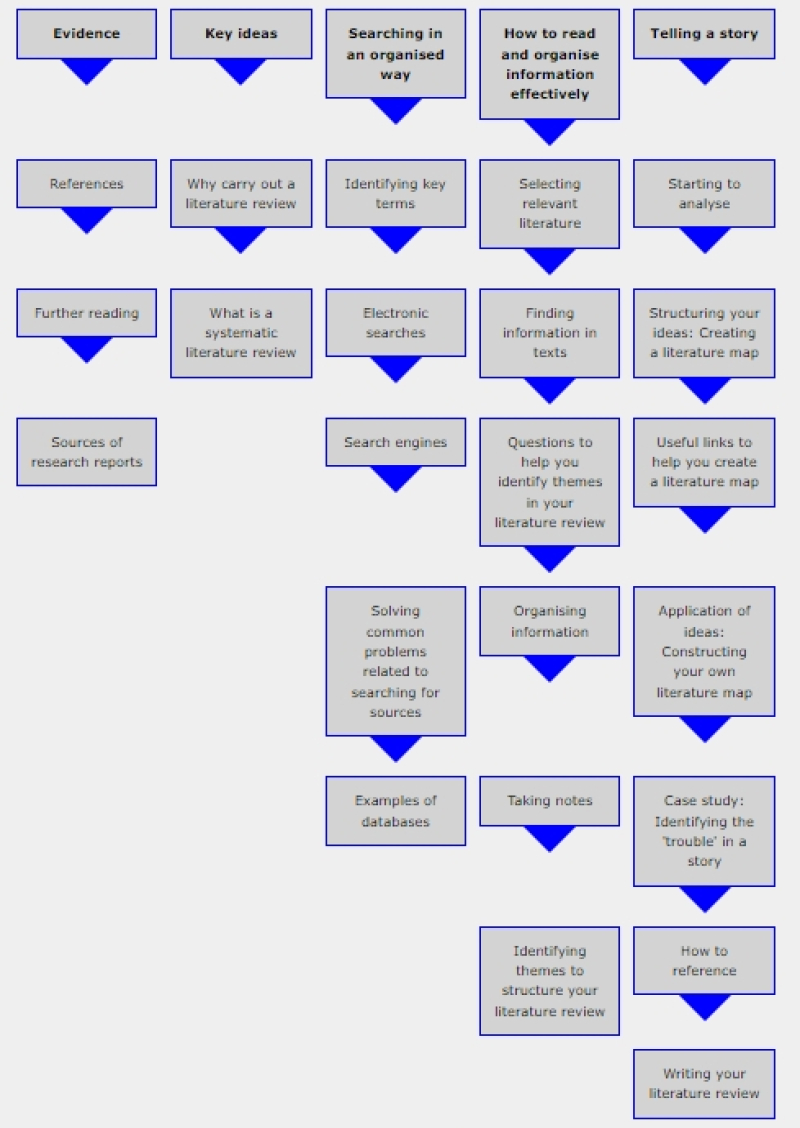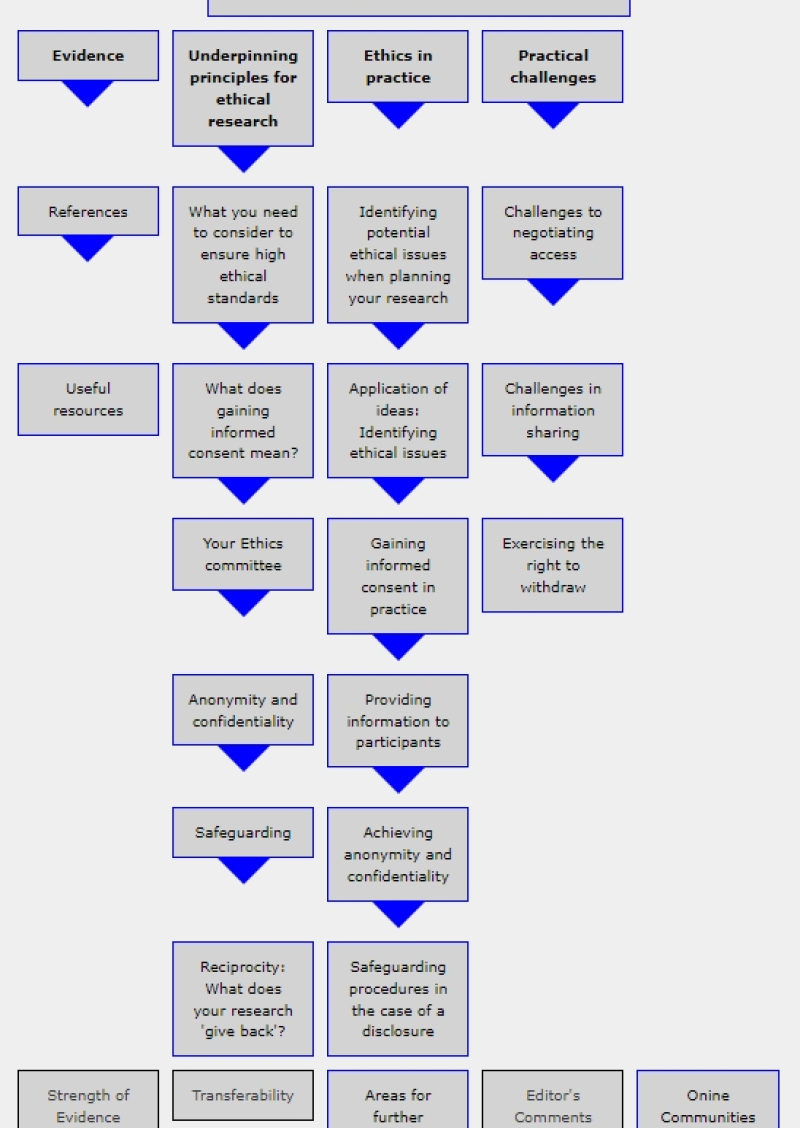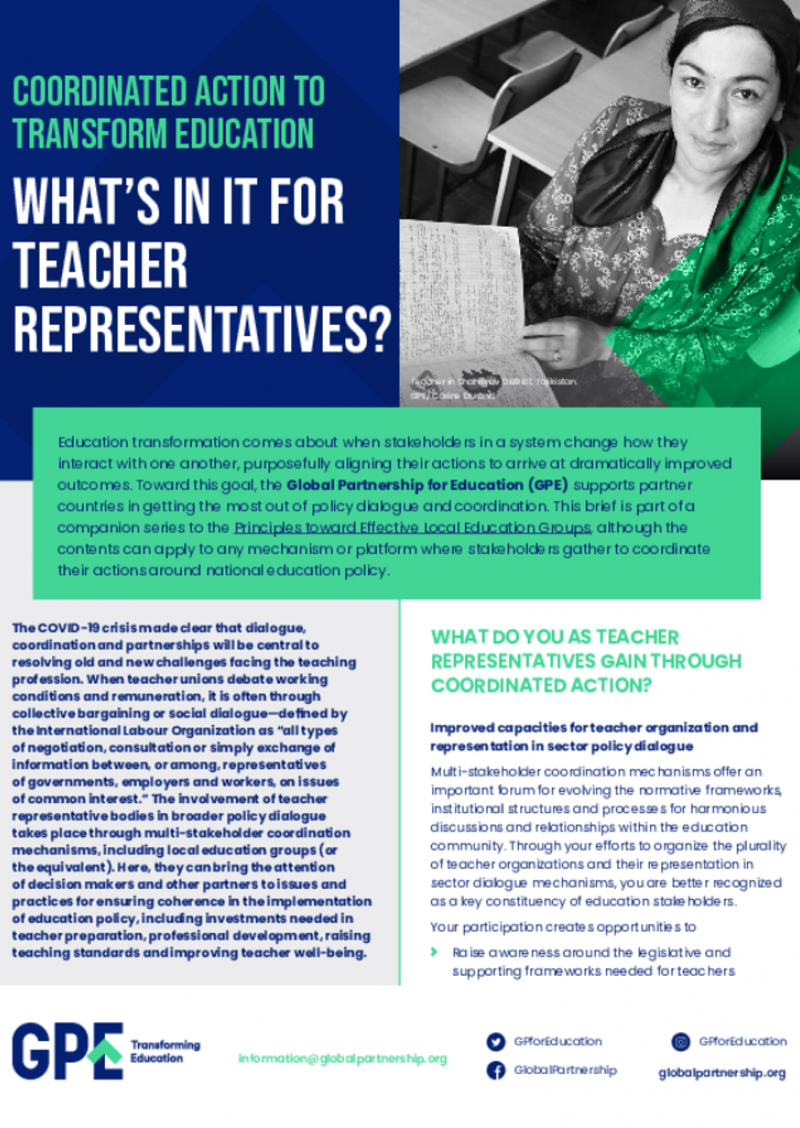Centro de Recursos para Docentes
Visualizar 1 - 6 de 6
Simulation d'une négociation climatique, kit pédagogique à l'usage des enseignants du secondaire
Ce guide de simulation de négociation climatique, destiné aux enseignants du secondaire, s'appuie sur le référentiel national de compétences climatiques français. Il propose des activités pédagogiques pour comprendre les enjeux climatiques, simuler une COP et agir pour le climat. Adaptable aux différents contextes, il inclut des ressources multimédia et utilise des pédagogies actives comme les jeux de rôle et les débats. Les séances sont conçues pour être flexibles, permettant aux enseignants de choisir celles qui répondent le mieux à leurs besoins tout en maintenant un équilibre entre compréhension et action.
Le Climat Entre Nos Mains - Océan et Cryosphère, Manuel à destination des enseignants du primaire et du secondaire
Ce manuel de l’Office for Climate Education (OCE) aide les enseignants à aborder le changement climatique, les océans et la cryosphère avec des élèves de 9 à 15 ans. Il propose des éclairages scientifiques, des plans de cours, des activités et des ressources multimédia. Interdisciplinaire, il inclut des leçons en SVT, sciences sociales, arts visuels et éducation physique, et utilise des méthodes pédagogiques actives comme l’investigation, le jeu de rôles et le débat. Divisé en deux parties, "Comprendre" et "Agir", il permet aux élèves de comprendre les impacts du changement climatique et de participer à des projets concrets pour atténuer ses effets.
Research Methods: Developing your research design
This MESHGuide is designed to provide teachers with practical strategies to develop interesting and relevant research questions and to formulate a research design to engage in research-informed practice in their school or setting.
This MESHGuide draws on a range of key literature in the field of social science research, and it has been informed by lessons learned from the author's research. The guide aims to help teachers to:
- understand the purpose of a research design
- understand the significance of formulating a research question
- develop the initial focus of your research by exploring different potential starting points for this
- understand different ways of categorising research questions
- identify the characteristics of good research questions and apply these in practice
- develop and evaluate your own research questions
- operationalize your research aim so that you can develop appropriate research tools to answer your research questions by developing question-method connections in your own research
- improve your research data through understanding the nature of validity and reliability and exploration factors that could impact on these
Research Methods: Doing a literature review
This guide is designed to help teachers to:
- understand how to use other people’s writing to inform their own research;
- develop a strategy for carrying out a search of the literature;
- organise the themes logically;
- evaluate the research they read;
- think about the features of a reflective literature review and explore how to achieve this in practice
This MESHGuide draws on a range of key literature in the field of social science research. Also its design has been informed by lessons learned from the author's research, which has focused on the following areas:
- developing effective collaborative learning in science
- factors influencing learning through play in the early years
- student teachers’ engagement with research and its impact on their developing practice
- constructivist informed practice in science within initial teacher education
- creativity in learning and teaching.
Research Methods- Considering Ethics in your research
This MESHGuide draws on a range of key literature in the field of social science research ethics. It is designed to help teachers to:
- Understand the significance of ethical concerns in the research process
- Identify the nature of the ethical issues that may be of significance in the design and implementation of their research
- Develop their research design in a way that takes into account ethical considerations, so that their research is as ethical as possible
- Understand the complexity of the process of gaining informed consent and enable them to achieve this
- Reflect on the complexity of research ethics
Coordinated action to transform education. What's in it for teacher representatives?
This briefs presents what teacher representatives gain through coordinated action. The involvement of teacher representative bodies in broader policy dialogue takes place through multi-stakeholder coordination mechanisms, including local education groups (or the equivalent). Here, they can bring the attention of decision makers and other partners to issues and practices for ensuring coherence in the implementation of education policy, including investments needed in teacher preparation, professional development, raising teaching standards and improving teacher well-being.
